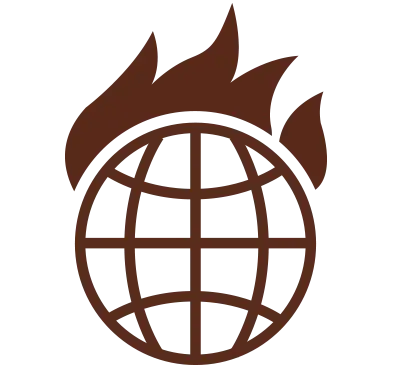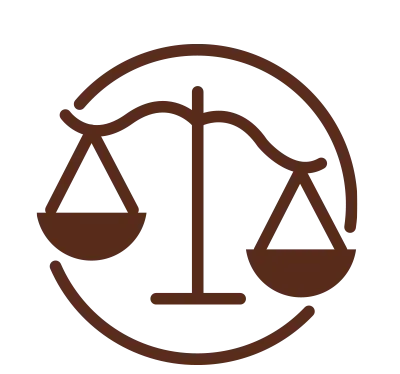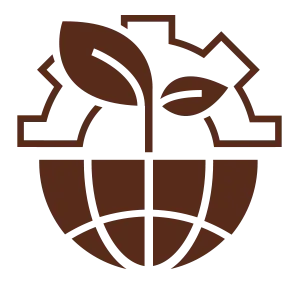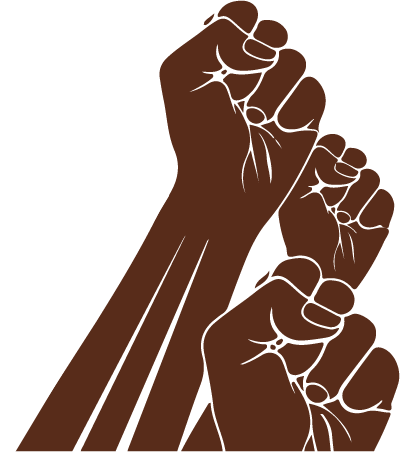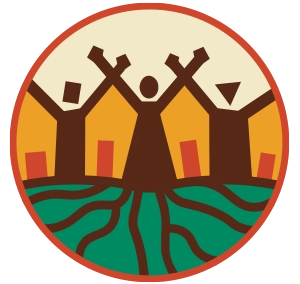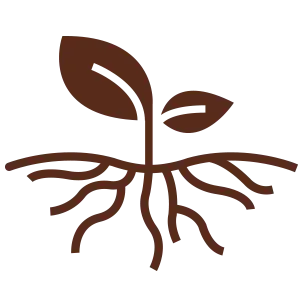October 19, 2023
Since our founding in 1998, the North Carolina Environmental Justice Network (NCEJN) has taken its commitment to freedom and justice seriously. We believe that those who are part of the movement for social, political, economic, and environmental justice in the United States have no choice but to connect the local to the global. This belief is guided by the historical fact that 1). Our freedom movement in the United States has a tradition of being firm in its opposition to apartheid, colonialism, and imperialism, and 2). The power structure that has caused the suffering of our communities in North Carolina and throughout the U.S. has done the same to other people across the world. As activists in the United States fought for an end to apartheid in South Africa throughout the 20th century, they also critiqued and spoke out against the Israeli occupation of Palestinian land. In fact, the South African anti-apartheid movement was so intertwined with the struggle for Palestinian freedom that Nelson Mandela declared in 1997 that “our freedom is incomplete without the freedom of Palestine.” Palestinian freedom and self-determination has always been a core part of our movement’s mandate. That is an undeniable historical truth.
Our beloved Malcolm X reminded us that “If you’re not careful, the newspapers will have you hating the people who are being oppressed, and loving the people who are doing the oppressing.” The recent coverage by the mainstream media has divorced recent events in Palestine-Israel from a historical perspective. That is, the root cause has been overlooked and removed from the dominant narrative. It has been omitted in the mainstream media that for years, the United Nations (UN) and other Human Rights organizations have referred to Gaza as an “open air prison.” Even more, the UN has declared Gaza to be unlivable by 2020. A Palestinian Professor and Scholar of Africana Studies at Rutgers University revealed that:
Two million Palestinians in Gaza, a 140-square mile Mediterranean coastal enclave, have been besieged by a comprehensive naval blockade and land siege imposed by Israel for 16 years. The UN and humanitarian organizations have condemned the blockade as illegal and described its impact as “catastrophic”. In 2015, a UN Agency predicted that Gaza would be unlivable by 2020 due to a lack of hygiene, access to clean water, and food shortages caused by Israel. Today, more than a quarter of all reported diseases in Gaza are caused by poor water quality and access. Fifty-three percent of the population is living below the poverty line and dependence on food aid for survival has increased from less than 10 percent in 2000 to an estimated 70 percent in 2017. Between the fall of 2016 and the summer of 2017, 186 facilities providing health, water, sanitation, and solid waste collection services were shut down due to power shortages due to the siege and blockade.
It cannot be overlooked that Palestinans have faced a brutal and genocidal occupation since 1948 that imprisons and tortures them, restricts their movements, demolishes their homes, prevents them from having access to places of worship and basic necessities, and prevents any form of self-determination. More recently, between January and September of 2023 (nine months), Israel killed over 250 Palestinians, including 47 children. In 2018, when Palestinians peacefully marched in Gaza, hundreds were murdered by Israeli soldiers. In May 2021, the Israeli regime massacred 260 Palestinian people, part of Israel’s ongoing, repeated bombing campaigns with the genocidal intent to kill the Palestinian population—followed by bombings in August 2022, May 2023, and more. Palestinian human rights defenders, activists, and journalists who dare to speak up often face arrest or imprisonment—or even assassination by the Israeli military, such as with beloved Palestinian-American journalist Shireen Abu Akleh. To exist as a Palestinian person in Palestine is to live a life of resistance against Israel’s daily, multifaceted violence.
NCEJN believes it is important to know that the struggle to end the inhumane treatment of Palestinians has been led by Palestinians themselves and supported by various other communities. For example, there is a long relationship of African American solidarity with Palestine from Malcolm X, to the Student Nonviolent Coordinating Committee, to the Black Panther Party, to individual activists like James Baldwin, June Jordan, and countless others. This historic solidarity has continued into the present with groups like the Dream Defenders, Black4Palestine, and Black Christians for Palestine to name a few. It is also important to note that there is a long history in the Jewish community opposing Israeli apartheid. Jewish Voice for Peace released a statement that should be studied and taken seriously.
We join the call of hundreds of organizations that for there to be any form of justice or peace in Palestine-Israel, the occupation must end and the $3 billion of our tax dollars to Israel must end. The United States is just as responsible as Israel for the genocide taking place in Palestine. Take action here. The environmental justice movement has to see itself as part of the movement for a Free Palestine.
